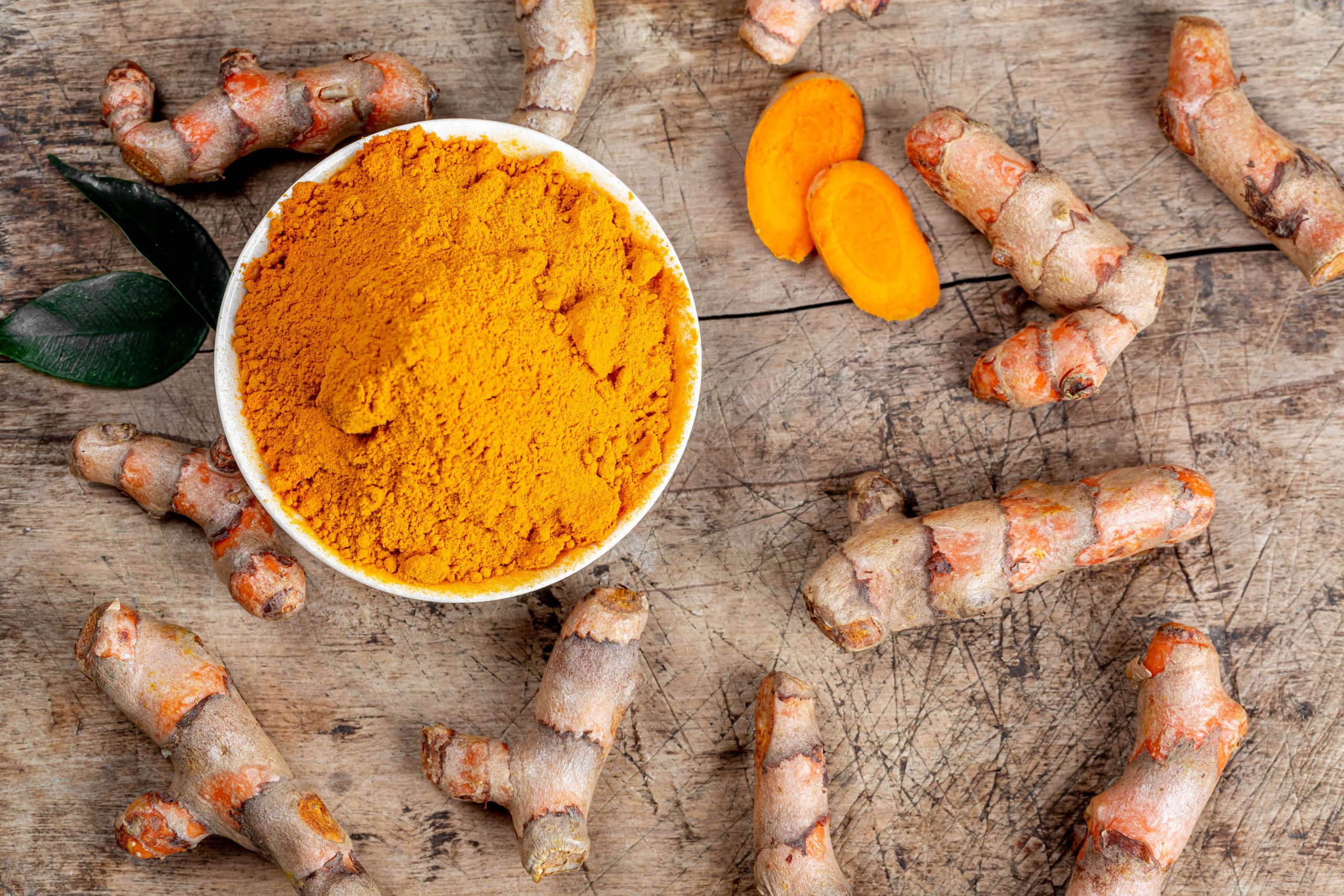
If you and your partner are on a journey to conceive, you may be interested in exploring natural ways to support fertility. Fenugreek, also known as methi seeds, has been traditionally used for various health benefits, including its potential role in promoting fertility. In this comprehensive blog post, we’ll delve into the potential effects of fenugreek on fertility, its mechanisms of action, practical ways to incorporate it into your lifestyle, additional considerations for optimizing fertility, and potential precautions to consider. Get ready to discover the potential of fenugreek in supporting your fertility journey! 🌿💑
💑 Understanding the Potential Impact of Fenugreek on Fertility While scientific research on fenugreek’s effects specifically on fertility is limited, several properties of fenugreek suggest its potential role in supporting reproductive health:
🌿 Hormone Regulation: Fenugreek contains compounds that may help regulate hormone levels in the body, including estrogen. Hormonal imbalances can negatively impact fertility, and maintaining hormonal balance is crucial for optimal reproductive function.
💑 Antioxidant Activity: Oxidative stress caused by free radicals can contribute to fertility issues by damaging sperm, eggs, and reproductive organs. Fenugreek is rich in antioxidants, such as flavonoids and polyphenols, which help neutralize free radicals and reduce oxidative stress. By reducing oxidative stress, fenugreek may support a healthier reproductive environment.
🌿 Blood Sugar Regulation: Stable blood sugar levels are important for reproductive health, as imbalances can disrupt ovulation and hormonal balance. Fenugreek has been studied for its potential to regulate blood sugar levels and improve insulin sensitivity. By promoting better blood sugar control, fenugreek may indirectly support fertility.
💑 Hormonal Health: Fenugreek may have the potential to positively influence hormonal health by affecting certain hormones involved in the reproductive process. For example, it may help regulate estrogen levels, support ovulation, and improve overall menstrual cycle regularity.
🌿 Semen Quality: Male fertility also plays a vital role in conception. Fenugreek may have benefits for male fertility by potentially improving semen quality, including sperm count, motility, and morphology. These factors are crucial for successful conception.
💑 Incorporating Fenugreek into Your Lifestyle To potentially harness the benefits of fenugreek for fertility support, here are some practical ways to incorporate it into your daily routine:
- Methi Seed Infusion: Prepare a fenugreek seed infusion by soaking fenugreek seeds in water overnight. Strain the liquid in the morning and consume it on an empty stomach. This infusion can be consumed daily to potentially support hormonal balance and reproductive health.
- Fenugreek Sprouts: Sprout fenugreek seeds by soaking them in water for a few hours, then transferring them to a sprouting jar or a damp cloth. Rinse the seeds twice a day until sprouts appear. Add these sprouts to salads, sandwiches, or stir-fries for a nutrient-rich addition to your meals.
- Fenugreek Supplements: Fenugreek supplements, available in various forms such as capsules, powders, or liquid extracts, can provide a concentrated dose of fenugreek’s beneficial compounds. However, it’s important to consult with a healthcare professional or fertility specialist before starting any new supplement regimen, especially if you’re trying to conceive or have underlying medical conditions.
- Healthy Lifestyle Practices: Alongside incorporating fenugreek, adopting a healthy lifestyle can support fertility. Maintain a balanced diet rich in fruits, vegetables, whole grains, lean proteins, and healthy fats. Engage in regular physical activity, manage stress levels, get enough sleep, and avoid smoking and excessive alcohol consumption.
💑 Additional Considerations for Optimizing Fertility While fenugreek shows potential in supporting fertility, it’s important to consider other factors that influence reproductive health. These include:
🌿 Overall Diet and Nutrition: Focus on a nutrient-dense diet that includes a variety of fruits, vegetables, whole grains, lean proteins, and healthy fats. Stay hydrated and consider incorporating other fertility-boosting foods, such as leafy greens, berries, and omega-3 fatty acids.
💑 Stress Management: High levels of stress can affect fertility. Explore stress-reducing techniques such as meditation, yoga, deep breathing exercises, or engaging in activities that bring you joy and relaxation.
🌿 Regular Exercise: Maintain a moderate exercise routine that supports overall health and wellbeing. However, avoid excessive exercise, as it can negatively impact fertility in some cases.
💑 Timing and Frequency of Intercourse: Understanding your menstrual cycle and timing intercourse during your most fertile days can increase your chances of conception. Consider using ovulation predictor kits or tracking methods to identify your fertile window.
🌿 Seeking Professional Guidance: If you’re experiencing difficulties conceiving, it’s important to seek professional guidance from a healthcare provider or fertility specialist. They can provide a comprehensive evaluation, offer personalized advice, and explore other fertility-related factors specific to your situation.
🌿💑 While fenugreek shows promise in supporting fertility, it’s important to remember that individual responses may vary. It’s advisable to consult with a healthcare professional or fertility specialist, especially if you have underlying medical conditions or are actively trying to conceive, to ensure fenugreek is safe for you and to determine the appropriate dosage or usage.












